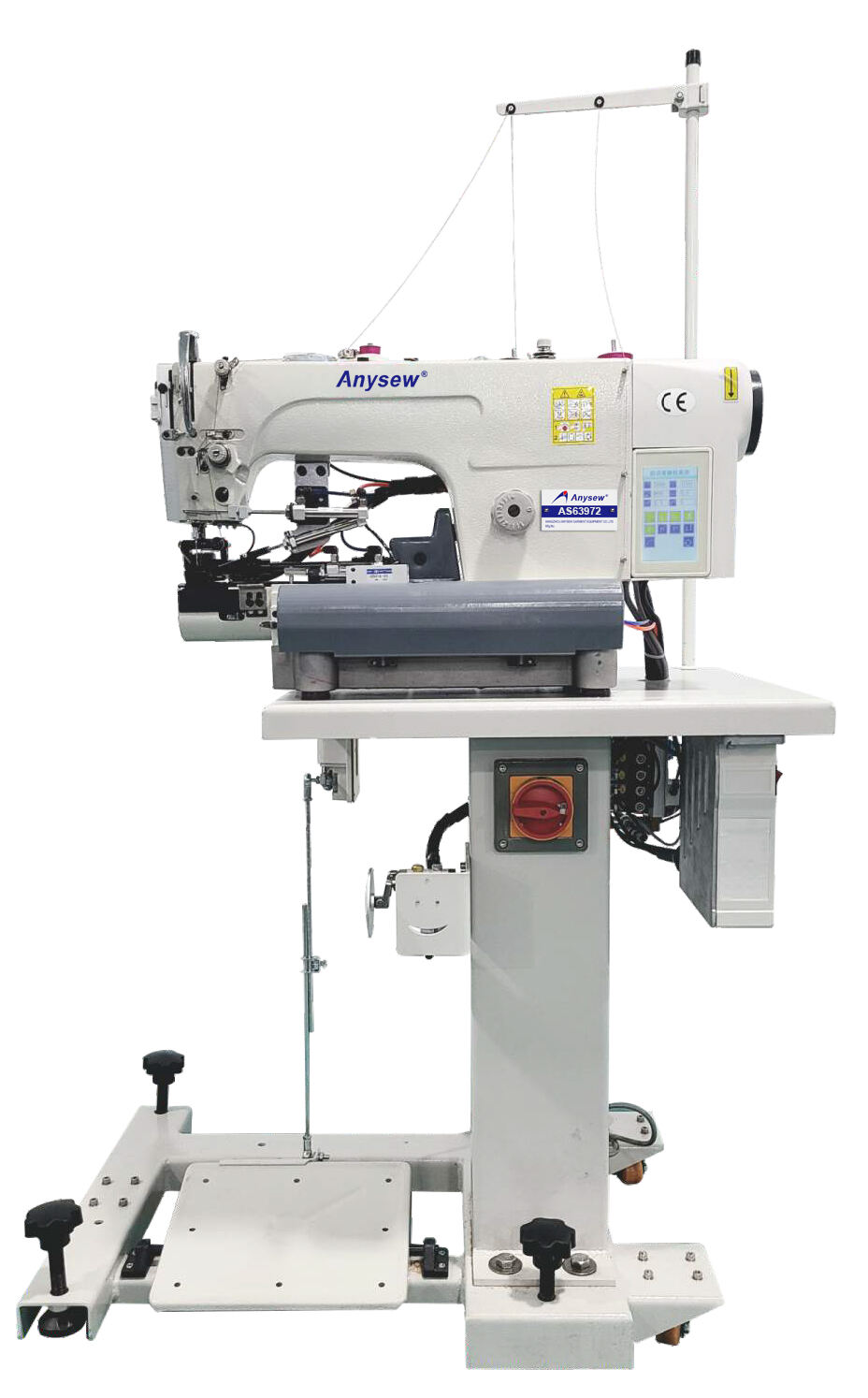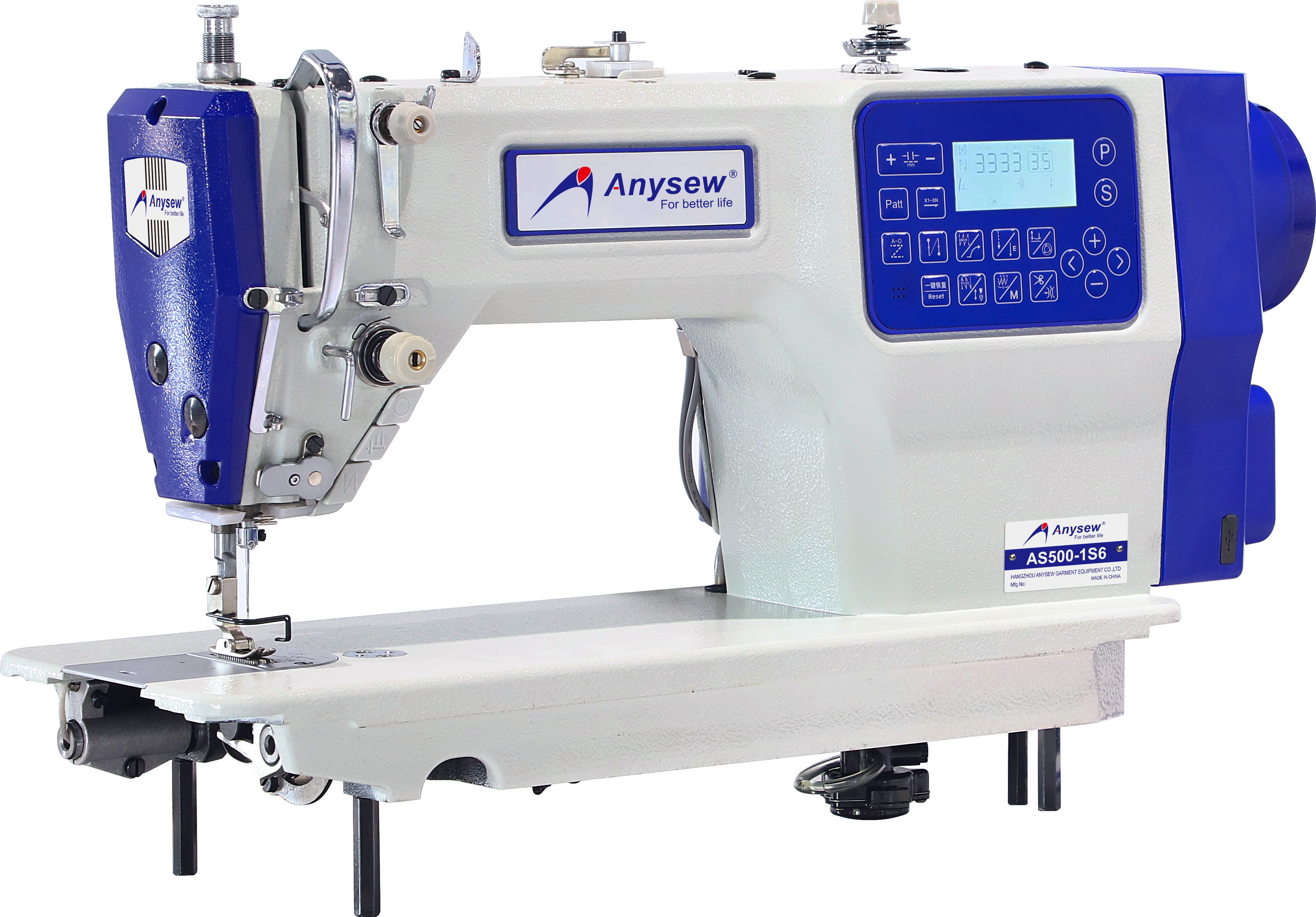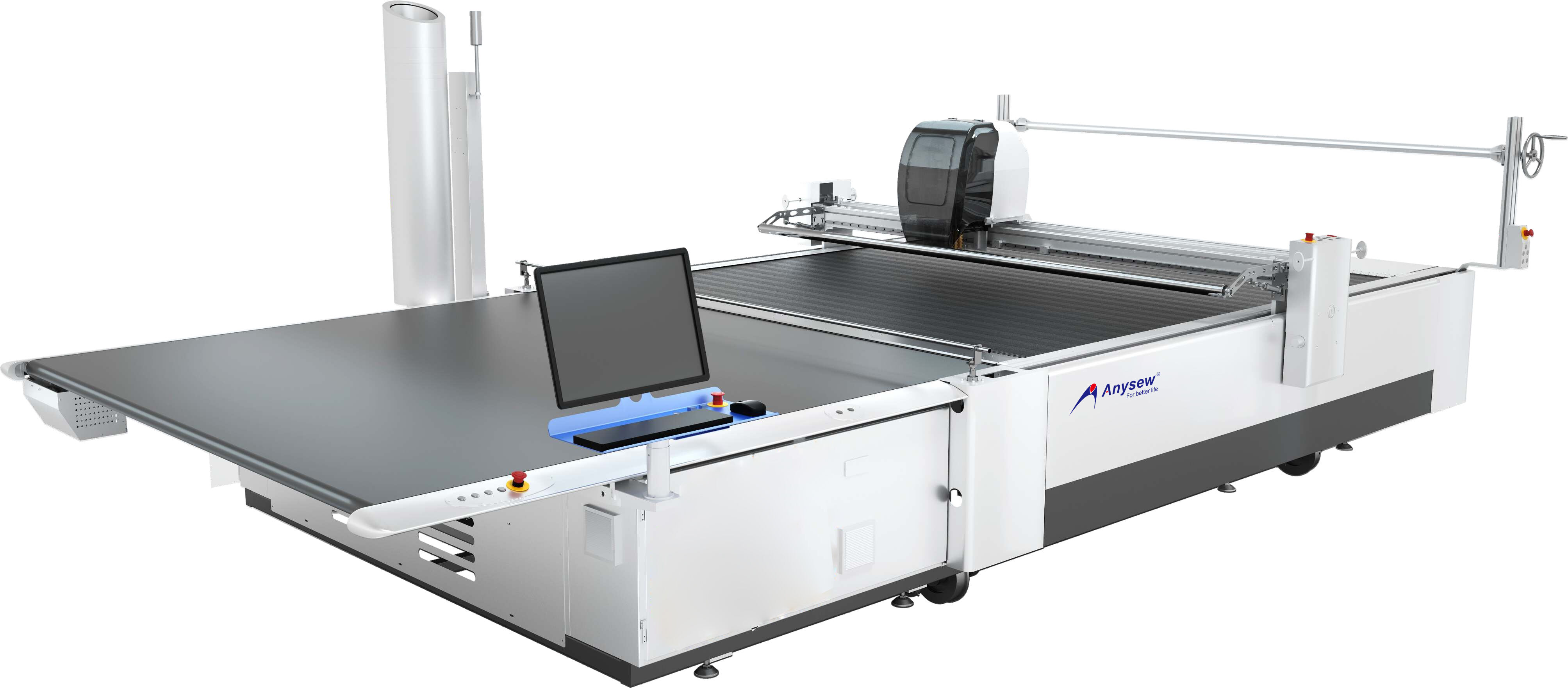industrial servo
An industrial servo is a sophisticated motion control system that combines precision mechanics with advanced electronics to deliver accurate positioning and movement control in manufacturing and automation processes. This system consists of a servo motor, encoder, drive, and controller working in harmony to provide precise control over speed, position, and torque. The servo operates through a closed-loop feedback mechanism, constantly monitoring and adjusting its performance to maintain desired parameters. Industrial servos excel in applications requiring exact movements, rapid response times, and consistent performance under varying loads. They are fundamental components in robotics, CNC machines, packaging equipment, and automated assembly lines. These systems can achieve positioning accuracies down to micrometers while handling loads from a few ounces to several tons. Modern industrial servos incorporate digital communication protocols, enabling seamless integration with Industry 4.0 systems and providing real-time performance data for predictive maintenance and process optimization. The versatility of industrial servos extends to multi-axis coordination, making them essential for complex manufacturing operations requiring synchronized movements across multiple planes.


